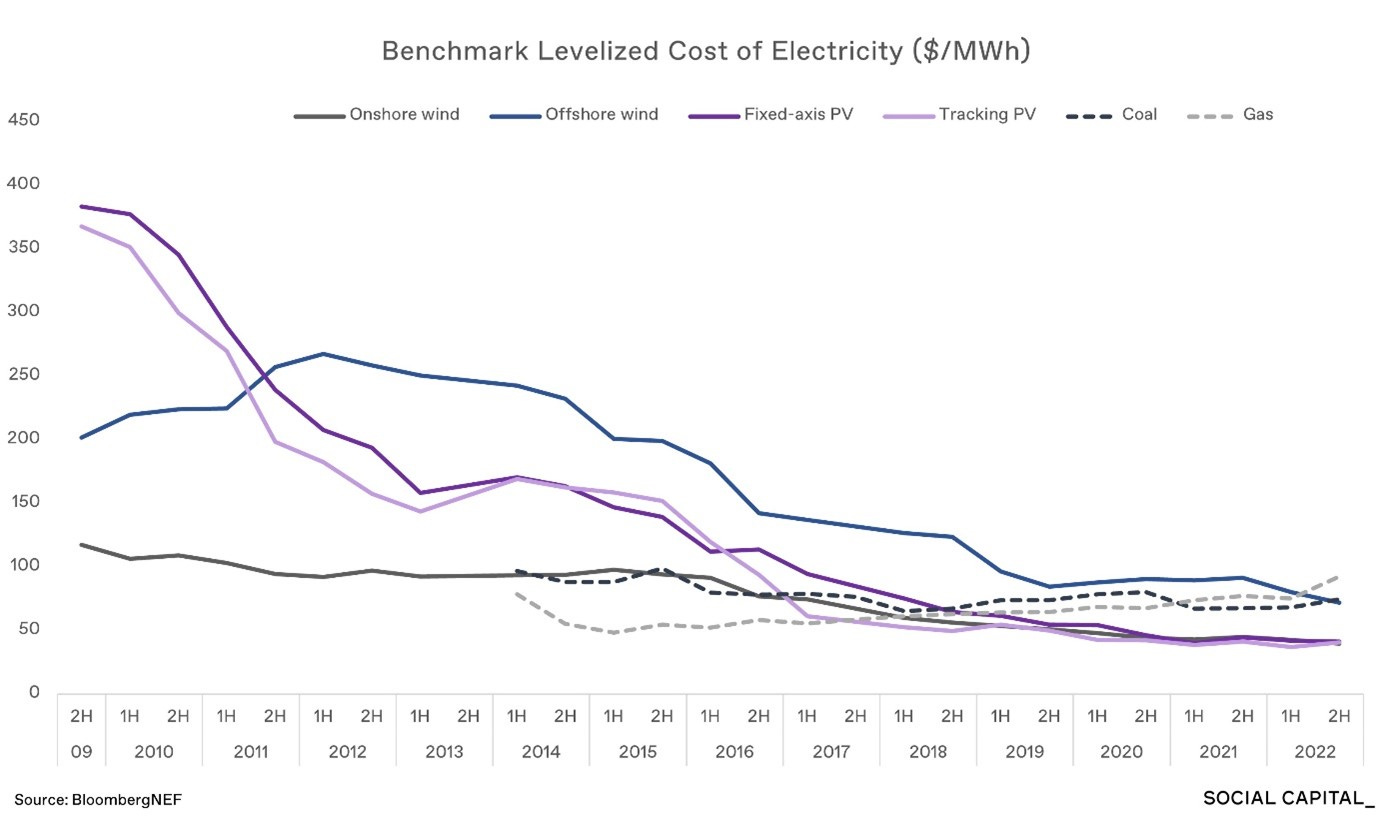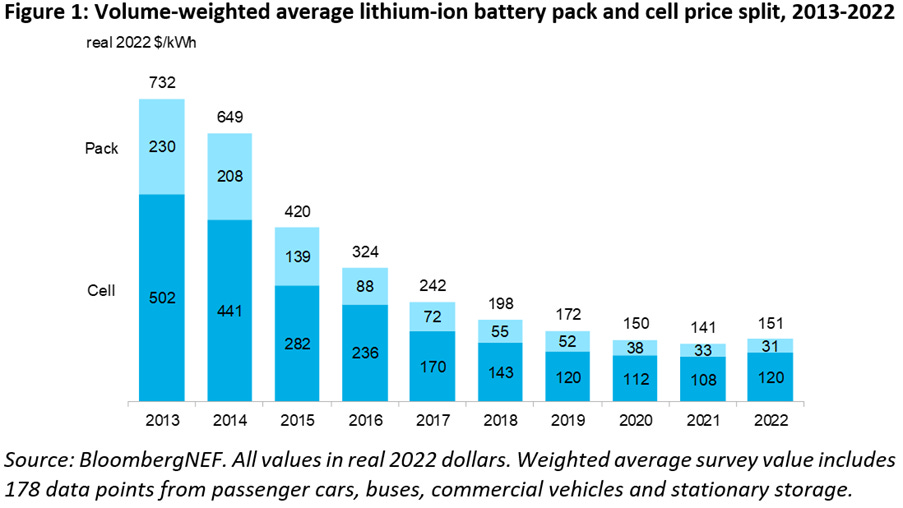South Africa is at a critical stage where businesses and households need to come together to tackle the energy crisis the country has been facing. A sort of “arming the rebels” moment where businesses and households go off the main power grid and rely solely on solar energy – in the interest of energy independence and security for South Africans.
For those that are not South African residents, the summary of the problem is this: South African national commercial energy supply is by law the sole responsibility of the state, through a state-owned company called Eskom, which has been mismanaged for decades. This mismanagement has resulted in run down energy generation and distribution facilities, which has brought about rolling blackouts when the systems are under stress as South Africans consume energy.
It’s high time we share and support alternative energy solutions as a collective, and one such solution readily available is solar power. Here, we will look at the advantages and disadvantages of solar for South Africa and look at interesting solutions that will help South African citizens band together to create and share solar energy.
Advantages of Solar
Cost Savings
Once you have made the initial investment to install solar panels, the energy from the sun is free and abundant. With regular maintenance the average lifespan of solar panels is between 25 and 30 years, with some manufacturers guaranteeing at least 80% of output after the 25 years.
Interestingly, as seen in the chart below, the levelized cost of solar energy is now close to zero and is cheaper than coal and gas. Solar technology will continue to improve, allowing the average lifespan of solar panels to grow beyond the current 25 -30 years, which will soon make the cost of solar effectively zero.
Energy Independence
Going off the main power grid and using solar power provides energy independence, protecting you from the power outages which have now become a norm in South Africa. An alternative solution would be a hybrid system where you can use either the main grid or your solar system, switching as necessary.
Environmental Benefits
Solar power is a renewable and clean energy source, which means that it does not produce harmful emissions or contribute to climate change. By switching to solar power, you can reduce your carbon footprint and contribute to a cleaner and healthier environment.
Increased Property Value
Properties with solar power systems are highly sought after and can increase the value of your property. This can be an especially attractive benefit for businesses that own their own property or households that plan to sell their homes in the future, especially in South Africa where nowadays one of the biggest worries is electricity supply.
Reliability
Solar power systems are highly dependable and require little maintenance. Again, going off the main power grid can also protect you from power outages caused by system failures.
Incentives
In South Africa, the government offers several incentives for households and businesses that switch to solar power, such as the Section 12B Accelerated Deprecation, the Section 12L Energy Efficiency Tax Incentive, the Renewable Energy Independent Power Producer Procurement Programme, and the Solar Panel Tax Incentive for Individuals1. These incentives can help offset the initial costs of installing a solar power system and make the switch more affordable.
Disadvantages (read: Misconceptions) of Solar… + The Reality
Initial costs
“The initial investment to install solar panels and the associated equipment can be expensive.”
The Reality Is: 1) Most solar equipment suppliers offer rent-to-own or purely rental options. 2) The incentives mentioned earlier in this note may help reduce the initial cost of solar.
Dependence on weather conditions
“Solar doesn’t work when there’s cloud cover, rain, and snow.”
The Reality Is: Solar panel technology nowadays allows energy collection if there is daylight, no matter the intensity, and the weather. Additionally, battery storage is recommended and supplied by most solar companies for added energy security.
Storage capacity limitations
“Solar power systems require storage capacity to store excess energy for use when there is less sunlight available. However, current battery technology is still relatively expensive.”
The Reality Is: Battery storage is recommended and supplied by most solar companies for added energy security. The cost of lithium-ion batteries, commonly used in battery storage systems, has fallen dramatically over the years and will continue to fall as adoption increases, and the technology improves, as seen in the chart below. 2
The biggest inhibitor of South African’s switching to solar, especially for underprivileged regions, is the cost of solar adoption (panel installation and battery storage). Instead of relying on philanthropic efforts to donate solar equipment, peer-to-peer (P2P) energy sharing is a more favourable model.
What is P2P Energy Sharing?
Peer-to-peer (P2P) energy sharing allows individuals and businesses with renewable energy sources, such as solar panels, to share excess energy with others in their community.
The idea behind P2P energy sharing is to create a decentralized energy system where individuals and businesses can generate and share their own renewable energy instead of relying solely on traditional energy sources. This system is enabled by smart grid technology, which allows for the seamless exchange of energy between participants.
Why is P2P Energy Sharing a More Favourable Model?
In a P2P energy sharing system, participants can generate excess energy from their renewable energy sources, such as solar panels, and sell that energy to other participants who may need it. This allows for a more efficient use of energy and reduces the need for traditional energy sources.
P2P energy sharing can also help to promote local economic development by creating a market for renewable energy sources in local communities.
Because P2P energy sharing is still a new concept, there are not any companies in South Africa providing this infrastructure and service as described above, however, in another example of P2P energy sharing, there are companies facilitating crowd sourcing to fund solar power projects in South Africa, as well as allowing the trade of solar tokens via blockchain.
South African Companies in the P2P Solar Arena
Sun Exchange
Allows individuals to purchase solar cells via a token system and lease the solar cells to businesses and communities in need of renewable energy. Sun Exchange's platform enables transparent and secure transactions using blockchain technology. 3
Momint
Using a similar model, Momint allows you to buy digital assets (tokens) which are linked to solar cells which will be installed in various solar projects in South Africa. The beneficiaries of the solar projects are contracted to buy electricity generated from the solar cells you own, earning you as the token holder a return on the digital asset. 4
In the future, either of these projects may enable P2P energy sharing where for example in residential estates, houses each have solar panels on their roofs, but are connected to each other allowing one house access to another house’s stored solar energy in times of need – through a smart grid where the transaction is facilitated by the Sun Exchange or Momint’s crypto platform. (PowerLedger from Australia is proving this idea works5).
The work that companies like The Sun Exchange and Momint are doing by crowd-funding solar projects is laying the foundation for more ambitious smart grid enabled P2P energy sharing solutions.
South African households and businesses need to work together to develop and ensure energy independence and security for all South Africans. Solar energy is a solution that is readily available and comes with many advantages such as it costs less than non-renewables, allows energy independence from the unreliable main power grid, positively benefits the environment, increases property value, and comes with incentives for those that switch to solar.
The disadvantages/misconceptions of solar such as initial costs, are addressed by the incentives currently in place for solar users in South Africa, and solar power technology is continually improving, making the cost of solar now cheaper than coal and gas. Solar panel technology has also improved to enable the system to generate solar energy no matter the weather conditions, and storage limitations are no longer a problem as battery storage for solar energy is recommended and readily available, while the cost of battery packs is also falling dramatically as the technology and adoption improves.
Meanwhile, companies like the Sun Exchange and Momint are providing innovative funding solutions for solar power projects, laying the foundations for smart grid technology and peer-to-peer energy sharing in South Africa.
There has never been a more appropriate time for South Africans to empower themselves with solar energy, and to come together to support solar energy projects.
Incentives
The Section 12B Accelerated Depreciation: This incentive allows businesses to claim accelerated depreciation on the cost of installing solar power systems on their property. Businesses can claim up to 100% depreciation in the first year, which can significantly reduce the cost of installing a solar power system.
Updated SARS Tax Incentive for Solar Power! - Green Energy Solutions
The Section 12L Energy Efficiency Tax Incentive: This tax incentive allows businesses to claim a tax deduction of up to R1.20/kWh saved when implementing energy efficiency measures, including the installation of solar power systems.
Energy-efficiency-Tax-incentive-allowance-12L.pdf (eskom.co.za)
The Renewable Energy Independent Power Producer Procurement (REIPPP) Programme: This programme is a competitive bidding process where private companies can bid to produce renewable energy for the grid. Successful bidders can receive a long-term power purchase agreement and access to financing to build their renewable energy projects.
Renewable Independent Power Producer Programme | South African Government (www.gov.za)
The Solar Panel Tax Incentive for Individuals: Although this is yet to be passed, individuals will be able to claim a rebate to the value of 25% of the cost of new and unused solar photovoltaic (PV) panels, up to a maximum of R15 000 per individual.
2023 Budget FAQs - Solar Panel Tax Incentive.pdf (treasury.gov.za)





